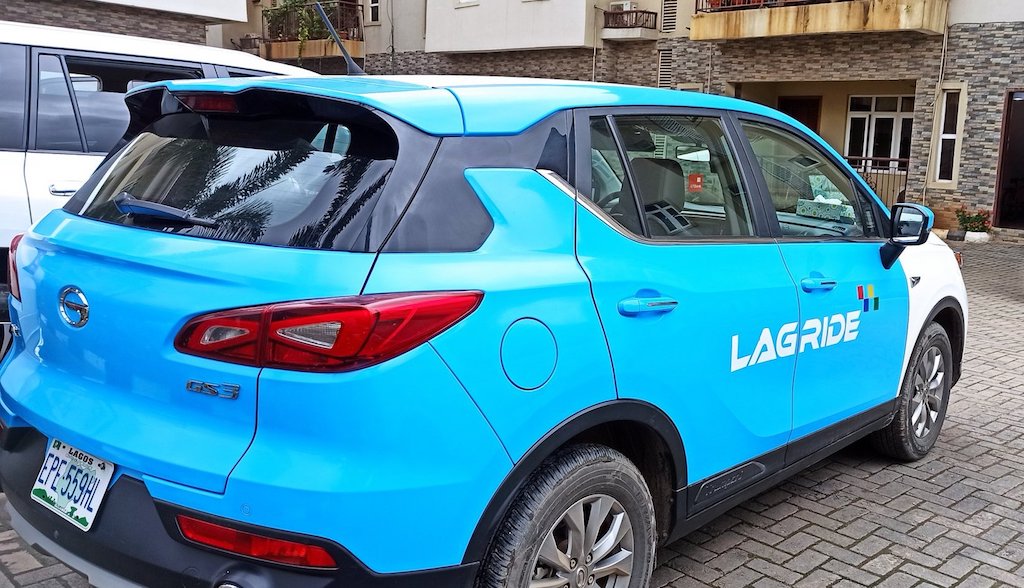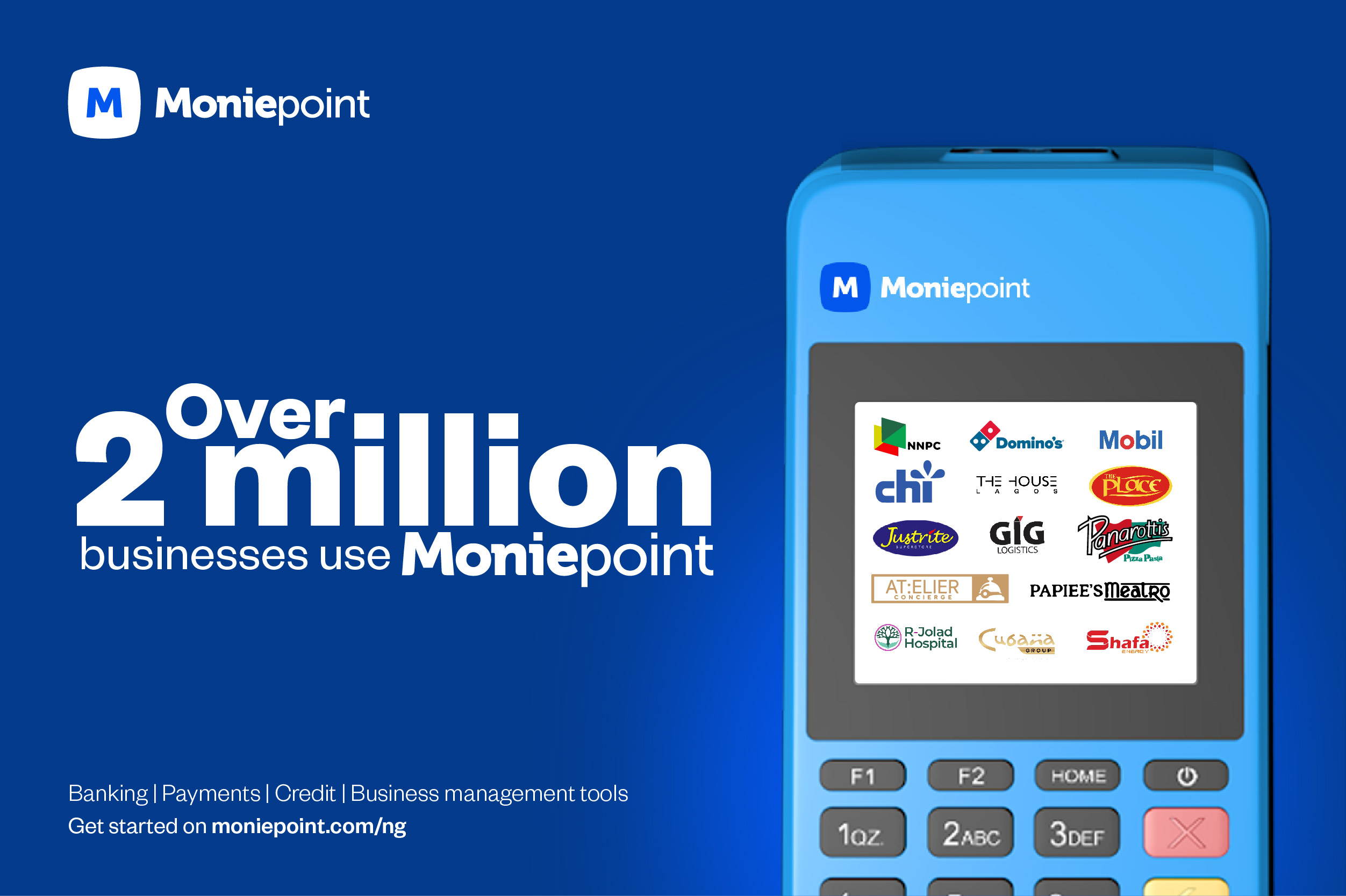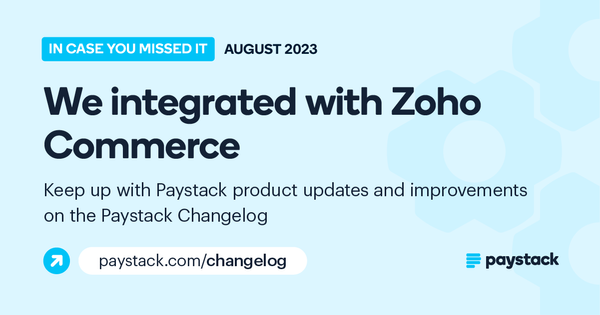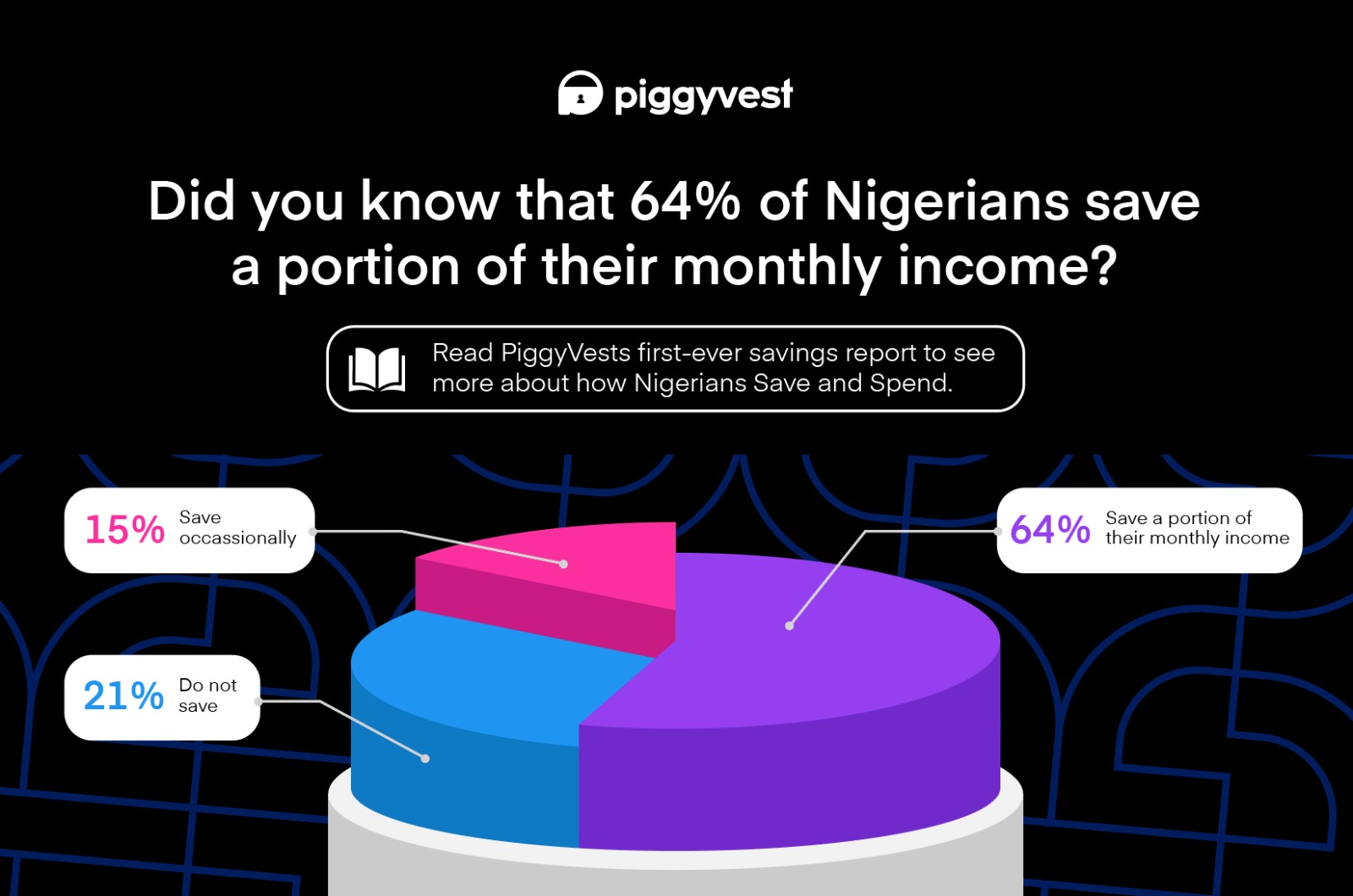- 👨🏿🚀TC Daily
- Posts
- Lagos’ LagRide under fire
Lagos’ LagRide under fire
Also, Nigeria blames fintechs for illegal loans.


Good morning☀️
Google has released 2023’s Year in Search—it's like Spotify Wrapped—but for web search. The report shows trending topics, and what's keeping people across the world clicking on the Google browser.
Plus, we're cooking up our report on recent tech layoffs. If you are a founder, please share your insights in just a minute through our form!
LagRide asset model faces scrutiny

LagRide needs to reexamine its playbook.
The Lagos state-owned ride-hailing company has faced renewed criticism from the Amalgamated Union of App-Based Transporters of Nigeria (AUATON) over the viability of the asset financing model. According to the union, LagRide’s partners take advantage of the model to demand unrealistic returns from the drivers.
Zoom in: LagRide’s original model is a lease-to-own model that allows drivers to make a downpayment of ₦750,000 ($948) and make a ₦8900 ($11.25) daily instalment for a four-year period to own the vehicle. However, drivers who cannot make the initial down payment resort to a partner arrangement in which said partner pays the down payment, and the driver is then tasked with paying the partner and repaying the daily ₦8900 instalments. This takes a toll on the drivers' profits.
A new model? LagRide is reexamining this model because some of these partners hold on to the vehicles after making down payments for them and do not lease them out to drivers. This means losses for LagRide who secured the cars on loans from Polaris Bank. One Idris Shonuga who owns IOS Holdings, one of LagRide’s major partners who hires drivers and provides them with cars to drive for LagRide, had 21 cars in his custody unused for six months. Shonuga blamed the fuel scarcity as part of the reasons why drivers abandoned their vehicles with him.
Lights out: This is not the first time that the asset financing model has been put for debate in the Nigerian mobility sector. Moove drivers, in February, protested against the model’s steep repayments.
Access payments with Moniepoint

Moniepoint has made it simple for your business to access payments while providing access to credit and other business tools. Open an account today here.
Nigeria says illegal loan apps cannot be banned

Nigeria’s Federal Competition and Consumer Protection Commission (FCCPC) says illegal digital money lenders (DMLs) are slithering through regulatory cracks.
The commission revealed that illegal DMLs, also known as loan apps, bypass regulations by transferring their transactions to Payment Solution Service Providers (PSSP) wallets when their bank accounts are frozen, making it difficult for the FCCPC to curb their activities despite its efforts.
What activities? In October, Fidelity Bank blocked transfers for two weeks to neobanks like Opay, Kuda, and Moniepoint due to rising fraud and customer verification concerns. Also, Nigerian fintechs have lost over ₦5 billion ($6.3 million) to hackers in the first eight months of this year as cases of hacks and frauds increase within the ecosystem.
ICYMI: The Nigeria Inter-Bank Settlement System (NIBSS) recently directed banks to stop enabling payments into financial entities that are not authorised to receive deposits. This is one of the regulator’s moves against companies facilitating potentially illicit financial activities. This follows the Central Bank of Nigeria’s (CBN) recent instruction to financial institutions asking them to implement stricter Know Your Customer (KYC) measures.
Zoom out: The FCCPC has also dismissed recent posts on social media platform X, alleging that its officials are allowing the illegal loan apps to continue to operate because they were taking bribes from them.
Introducing Discount Codes

Accept online payments on your Zoho Commerce store with Paystack. Get started here →
Bolt introduces new safety measures in South Africa

Say cheese!
In South Africa, ride-hailing service provider, Bolt, rolled out a new safety measure that requires riders to take a selfie to verify their ID before accessing the service. The company says that it is to improve the safety of a secure environment for both riders and drivers.
Rising safety concerns in South Africa: This initiative comes as a proactive response to the tragic incidents involving Bolt drivers in South Africa. In October this year, three teenage boys stabbed a Bolt driver to death and burnt his body in Limpopo. Also, in June this year, Bolt and Uber drivers were banned from dropping off or picking up passengers inside malls in Soweto for three months, following violent activities which saw some Bolt and Uber vehicles burnt by taxi drivers who accused the operators of stealing their customers in the malls.
It’s happening in other places, too: In Kenya, the National Transport Safety Authority (NTSA) initially rejected Bolt's licence renewal request for reasons including safety concerns. Bolt drivers in Kenya have been associated with instances of assault and sexual harassment. In September, a Bolt driver reportedly cut the hand of a female passenger over an argument regarding the trip fare.
The NTSA later granted the renewal after Bolt met stringent demands, which included outlining plans to improve driver relations and address challenges faced by drivers and riders in their day-to-day operations. Although the selfie safety system is not yet available in Kenya, the ride-hailing company has set up driver engagement hubs for drivers to voice out their concerns.
Zoom out: Uber, another ride-hailing service has a similar feature. The company launched a facial recognition system that uses users' selfies to identify drivers in 2017.
How do Nigerians save and spend?

Did you know that 64% of Nigerians save a portion of their monthly income? Read PiggyVest's first-ever savings report to see more about how Nigerians save and spend here.
Africa’s first cook-stove carbon credit futures

BURN, a Kenyan cook-stove maker, has sold Africa's first cook-stove carbon credit futures.
What are carbon credit futures? Carbon credit futures are contracts that allow buyers, typically companies or countries, to lock in the price of a specific amount of carbon credits today, for delivery at a predetermined date in the future. Each carbon credit represents a ton of carbon dioxide, the heat-trapping gas behind climate change, either eliminated from the air or stopped from reaching it.
Reining in the emission: In Africa, 70% of low-income households rely on charcoal and firewood for cooking. This dependence contributes 25% of total CO2 emissions on the continent. BURN has sold over four million cookstoves based on the carbon credits contract.
Zoom out: BURN’s sale is not the first instance of Africa selling carbon credit futures. In September, a CYNK renewable biomass project reported the sales of two million carbon credits. The project offered 800,000 call options at a strike price of $10.
AI and Faith Summit

Join us for AI & Faith Summit 2023 on Dec 16! Explore the fusion of cutting-edge technology and timeless spirituality in this enlightening virtual event.
The World Wide Web3
Source:

Coin Name | Current Value | Day | Month |
|---|---|---|---|
| $41,531 | - 1.57% | + 12.33% | |
| $2,224 | + 0.94% | + 8.71% | |
$0.5955 | + 1.82% | + 56.31% | |
| $0.9997 | + 0.07% | + 0.06% |
* Data as of 06:19 AM WAT, December 12, 2023.

Effortlessly make global settlements in over 30 currencies across 120+ countries spanning four continents, delivering cost-effective and reliable solutions to your clients, suppliers, and customers. Get started today.
- Deji Alli ARM Young Talent Award (DAAYTA) 2024 for Innovative Nigerian start-ups (₦12,000,000 in funding) is open for applications. DAAYTA is an ARM initiative in partnership with TechnoVision’s TVC Labs that aims at providing young Nigerians with an opportunity to develop innovative start-up ventures that add economic value to Nigeria. Apply by January 16.
- Applications are open for the World Press Photo Contest 2024 for Photographers Worldwide (5,000 euros cash prize). The Contest recognises and celebrates the best photojournalism and documentary photography produced over the last year, selected by an international independent jury. Apply by January 11, 2024.
- Applications are open for the Mastercard Foundations Scholars Program 2023/2024 at the Carnegie Melon University Africa. The programme provides generous financial, social, and academic support for students whose talents and promise exceed their financial resources. Apply by January 15, 2024.
- Applications are open for the Next Generation Social Sciences in Africa: Doctoral Dissertation Research fellowship 2024 (up to $15,000). The Social Science Research Council offers fellowships to support the completion of doctoral degrees and to promote next-generation social science research in Ghana, Kenya, Nigeria, South Africa, Tanzania and Uganda. The fellowships support dissertation research on peace, security, and development topics. Apply by February 11, 2024.
What else is happening in tech?
Written and Edited by: Faith Omoniyi, Mariam Muhammad & Kelechi Njoku
Want more of TechCabal? Sign up for our insightful newsletters on the business and economy of tech in Africa.
- The Next Wave: futuristic analysis of the business of tech in Africa.
- Entering Tech: tech career insights and opportunities in your inbox every Wednesday at 3 PM WAT.
- In a Giffy: business decisions powered by data-driven insights and analysis you can trust.
P:S If you’re often missing TC Daily in your inbox, check your Promotions folder and move any edition of TC Daily from “Promotions” to your “Main” or “Primary” folder and TC Daily will always come to you.



